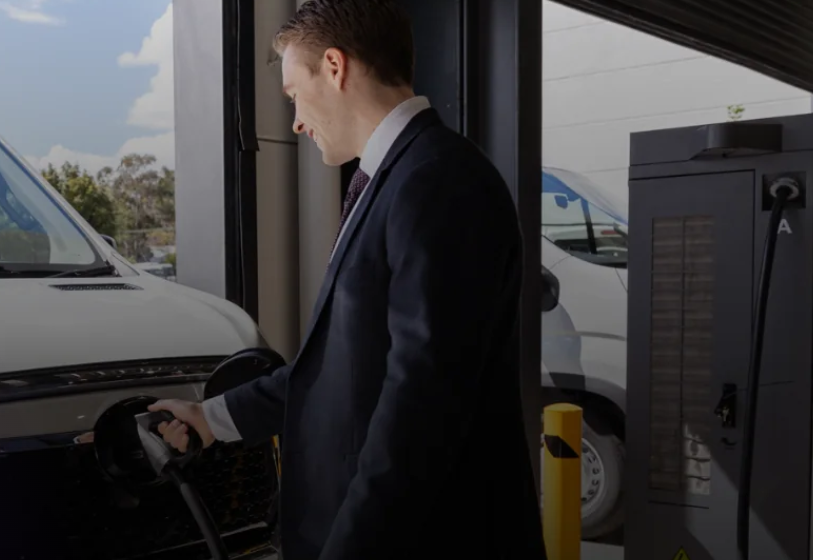The electric vehicle (EV) charging business is booming, driven by the rapid uptake of EVs and global initiatives to reduce carbon emissions. But this growing market is not without its challenges. From infrastructure deficits to shifting regulations, EV charging businesses are prone to numerous challenges, but these same challenges present outstanding opportunities for innovation, investment, and market leadership.
Infrastructure and Grid Problems
The development of infrastructure is among the largest challenges for the EV charging sector. The majority of regions lack an adequate quantity of EV charging stations, which results in “range anxiety” for EV drivers. The expansion of charging networks requires huge investment and collaboration with city administrations, utilities, and independent investors.
Opportunity: Companies that make an investment in strategically placed EV charging stations, particularly in under-served areas, can reach out to an expanding customer base. Additionally, technological advancements in ultra-fast charging can differentiate companies from the competitive scene.
High Initial Investment Costs
Installation of EV charging stations involves a high initial capital like land acquisition, equipment, installation, and maintenance. Further, fluctuating energy prices bring in extra financial complexities.
Opportunity: Governments everywhere offer grants, tax credits, and subsidies to encourage EV infrastructure. Companies taking advantage of these financial incentives are able to spread costs and enhance profitability. Further, partnering with companies such as retail chains or hotels can create additional revenue streams with co-branded charging stations.
Regulatory and Compliance Issues
The EV charging market is strictly regulated, with different areas implementing different standards for charger compatibility, energy supply, and pricing models. Changing regulations can be challenging for companies to comply with.
Opportunity:
Companies that expect changing regulations and invest in solutions that support compliance will gain a competitive edge. Providing standardised, easy-to-use charging solutions that meet international regulations can attract international customers and business partners.
Energy Supply and Sustainability
With more EV uptake, the demand for electricity will rise, which may put pressure on power grids. Secondly, the use of non-renewable energy sources to charge EVs dilutes the green advantage of EVs.
Opportunity: Businesses which integrate renewable energy, say solar or wind power, into their charging stations can create sustainable technologies and avoid long-term operating costs. Offering energy storage solutions, such as battery backup, can also increase efficiency and reliability.
Though the EV charging solution have a number of serious issues, each is a chance for growth and innovation. Bridging infrastructure gaps, leveraging financial incentives, compliance, and investments in sustainable growth are some avenues businesses can leverage challenges to create profitable opportunities. As electric mobility picks up momentum day by day, businesses that take the right move forward are poised to lead the industry.



